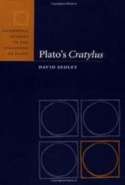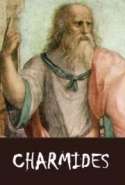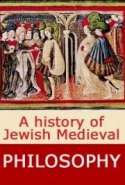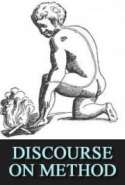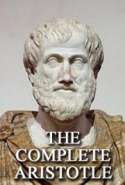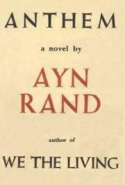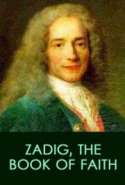Philosophy (Academic) Books
Cratylus
The formal topic of the Cratylus is ‘correctness of names’, a hot topic in the late fifth century BC when the dialogue has its dramatic setting. Sophists like Prodicus offered training courses in this subject, sometimes perhaps meaning by it little more than lessons in correct diction. But...
Charmides
The Charmides (Ancient Greek: Χαρμίδης) is a dialogue of Plato, in which Socrates engages a handsome and popular boy in a conversation about the meaning of sophrosyne, a Greek word usually translated into English as "temperance", "self-control", or "restraint". As is typical with Platonic...
The Case of Wagner
The Case Against Wagner was one Nietzsche's last books, and his wittiest. In Wagner's music, in his doctrine, in his whole concept of art, Nietzsche saw the confirmation, the promotion, even the encouragement, of that decadence and degeneration which is now rampant in Europe
The Essays of Arthur Schopenhauer
Arthur Schopenhauer is one of the most important 19th century philosophers, most famous for his work, The World as Will and Representation. He is known for having espounced a sort of philosophical pessimism that saw life as being essentially evil and futile, but saw hope in aesthetics, sympathy...
A history of Jewish Medieval Philosophy
No excuse is needed for presenting to the English reader a History of Mediæval Jewish Philosophy. The English language, poor enough in books on Jewish history and literature, can boast of scarcely anything at all in the domain of Jewish Philosophy. The Jewish Encyclopedia has no article on...
Discourse on Method
The Discourse on the Method is a philosophical and autobiographical treatise published by René Descartes in 1637. Its full name is Discourse on the Method of Rightly Conducting One's Reason and of Seeking Truth in the Sciences (French title: Discours de la méthode pour bien conduire sa raison...
The Complete Aristotle
His writings cover many subjects, including physics, metaphysics, poetry, theater, music, logic, rhetoric, linguistics, politics, government, ethics, biology, and zoology. Together with Plato and Socrates (Plato's teacher), Aristotle is one of the most important founding figures in Western...
Anthem
In Anthem, Rand examines a frightening future in which individuals have no name, no independence, and no values. Equality 7-2521 lives in the dark ages of the future where all decisions are made by committee, all people live in collectives, and all traces of individualism have been wiped out...
Zadig, The Book of Faith
This novel tells the story of Zadig, a philosopher in ancient Babylonia. The author does not attempt any historical accuracy, and some of the problems Zadig faces are thinly disguised references to social and political problems of Voltaire's own day. The book is philosophical in nature, and...
The Book of Tea
In 1906 in turn-of-the century Boston, a small, esoteric book about tea was written with the intention of being read aloud in the famous salon of Isabella Gardner. It was authored by Okakura Kakuzo, a Japanese philosopher, art expert, and curator. Little known at the time, Kakuzo would emerge as...

